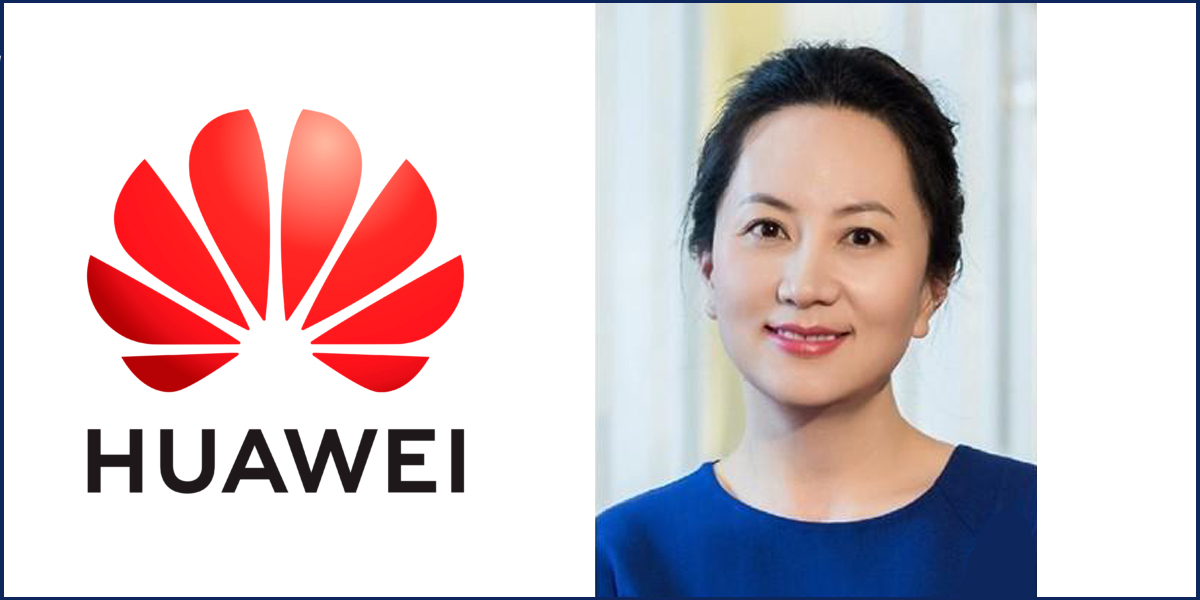David Livdahl, Jenny Sheng and Chunbin Xu of Paul Hastings take us through the old requirements imposed on qualified foreign institutional investors (QFII’s) and enlighten us as to how the new measures will have the effect of relaxing protocols for foreign investors.
On July 27th, 2012, the China Securities Regulatory Commission (CSRC) issued the Provisions on Issues in relation to the Implementation of the “Administrative Measures for Domestic Securities Investment by Qualified Foreign Institutional Investors” (New QFII Provisions), which replaced the Notice on Issues Related to the Implementation of the “Administrative Measures for Domestic Securities Investment by Qualified Foreign Institutional Investors” issued on June 24th, 2006 (Old QFII Measures).
Under PRC law, a foreign investor must obtain a special license to become a qualified foreign institutional investor (QFII) to invest in China’s securities markets. By relaxing the restrictions and thresholds imposed on QFIIs in the Old QFII Measures, the New QFII Provisions aim to attract more foreign investment funds to China’s securities market. Summarised below are the major changes in the New QFII Provisions.
 Relaxing the qualification thresholds The New QFII Provisions shorten the required time of existing (TOE) or time of operation (TOP) of the QFII applicants and significantly lower the amount of securities assets under management of the QFII applicant in the most recent fiscal year (AUM), the net assets or other capital requirements of the QFII applicant. Below is a summary of the differences regarding TOE, TOP and AUM between the New QFII Provisions and the Old QFII Measures: |

|
Streamlining the application process
According to the New QFII Provisions, QFII applicants are now required to file their applications electronically via CSRC’s website as well as submit a hard copy of all application documents to the CSRC. Rather than filing with the CSRC directly for any significant events (such as replacement of a QFII’s custodian), a QFII will now be required to file such events electronically via CSRC’s website.
Flexible account management
In the Old QFII Measures, each QFII was permitted to entrust three securities companies in China to trade securities at the Shanghai Stock Exchange and the Shenzhen Stock Exchange. However, in practice, a QFII could only entrust one securities company in each Stock Exchange because the Old QFII Measures required that the securities account must correspond with the special Renminbi account on a one-to-one basis. Under the New QFII Provisions, the requirement of one-to-one correspondence is removed so that a QFII will be able to open multiple securities accounts with up to three securities companies in each Stock Exchange to manage the securities accounts.
 Loosening investment restrictions Under the Old QFII Measures, a QFII could invest in stocks, bonds and warrants traded on stock exchanges and securities investment funds. The permitted investment scope provided in the New QFII Provisions was expanded to include stock-index futures and fixed income products traded on the interbank bond market. Furthermore, the maximum aggregate amount of shareholding of all foreign investors in a single A-shares listed company was raised from 20 percent to 30 percent, with the maximum aggregate amount of shareholding of a single foreign investor in a single listed company unchanged at 10 percent. Unanswered questions? The road ahead davidlivdahl@paulhastings.com To read the ASIAN-MENA COUNSEL article Click Here (Note, if you are using an iPhone or iPad you can also download this article directly to your iBooks after it opens in Google Docs). |
IN-HOUSE OPINION: If you are an in-house counsel and you have a comment or an opinion you’d like to share either on this article or its subject matter, contact us at: inhouse@inhousecommunity.com with the article title in the subject line, stating clearly if you wish your comments to remain ‘Private’ or ‘Anonymous’.
















